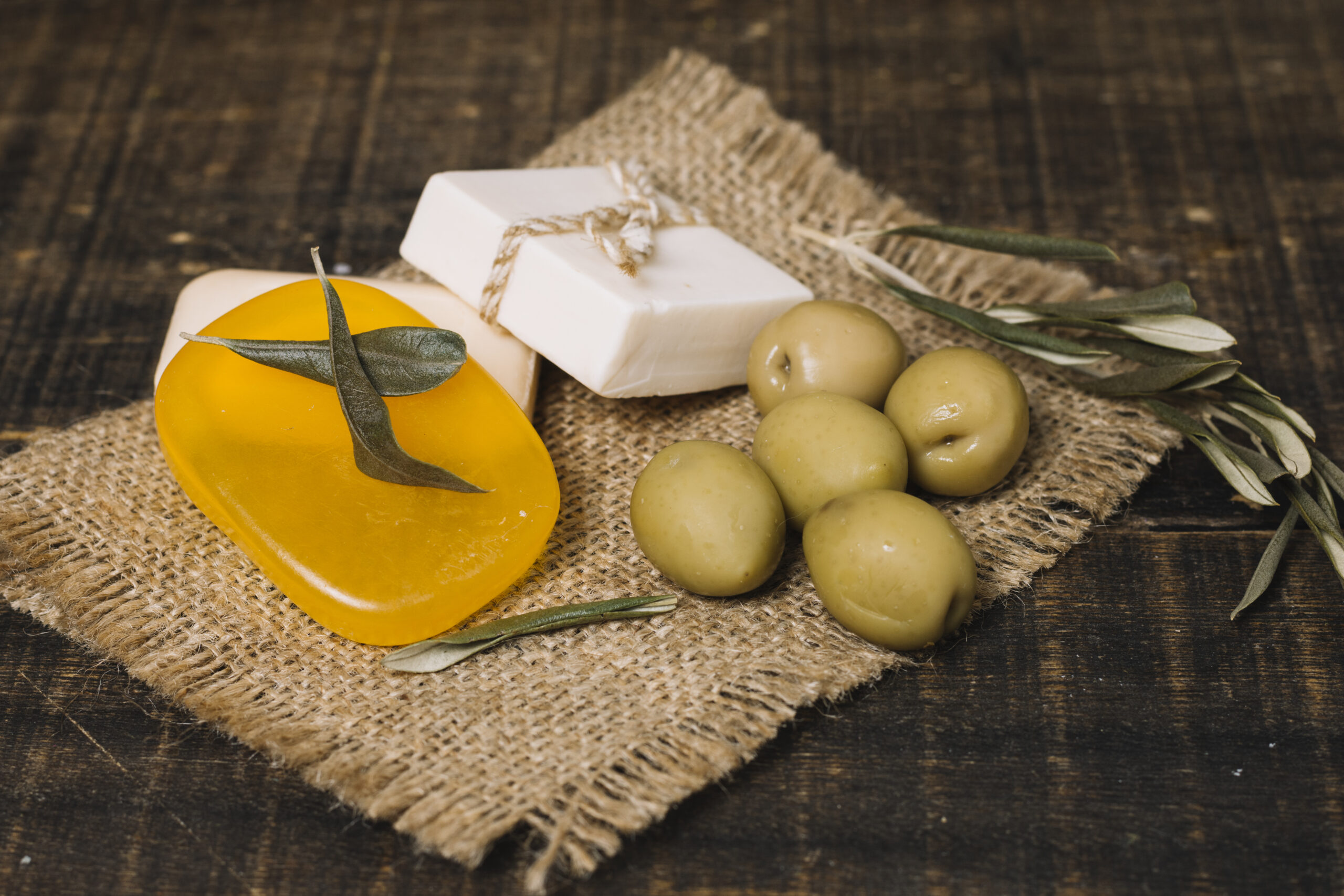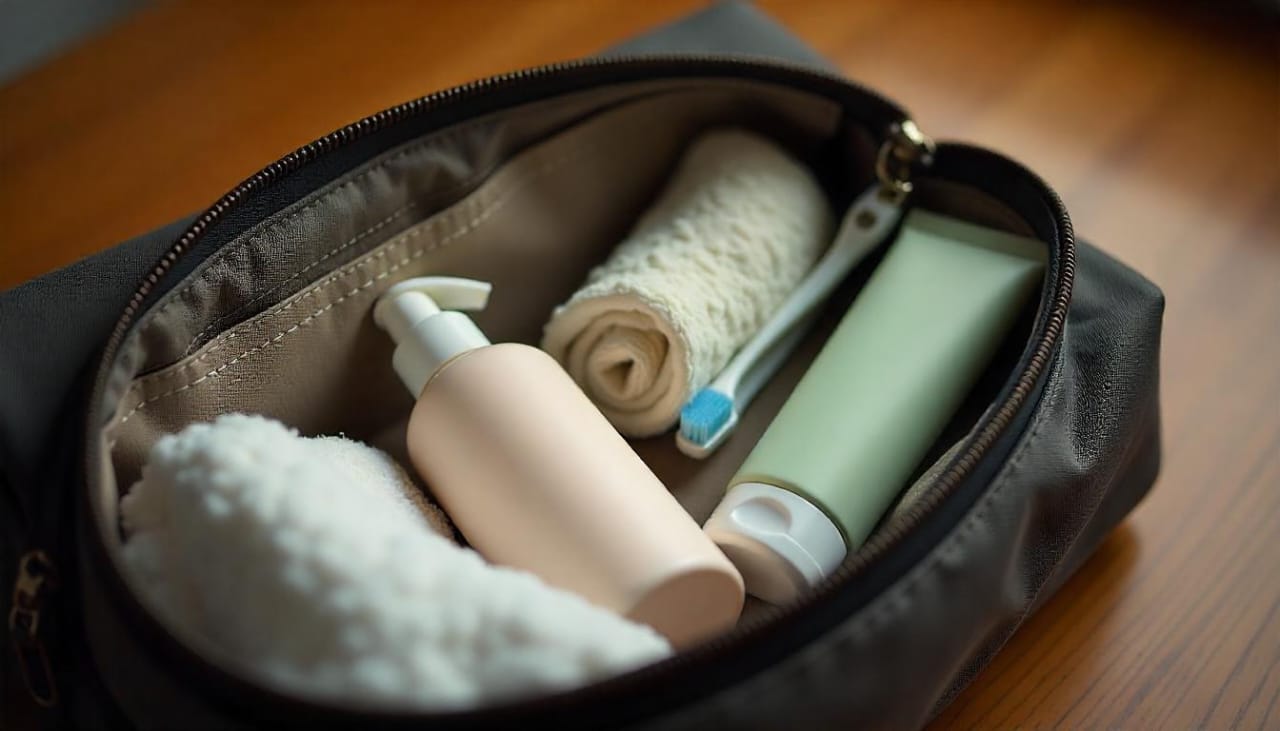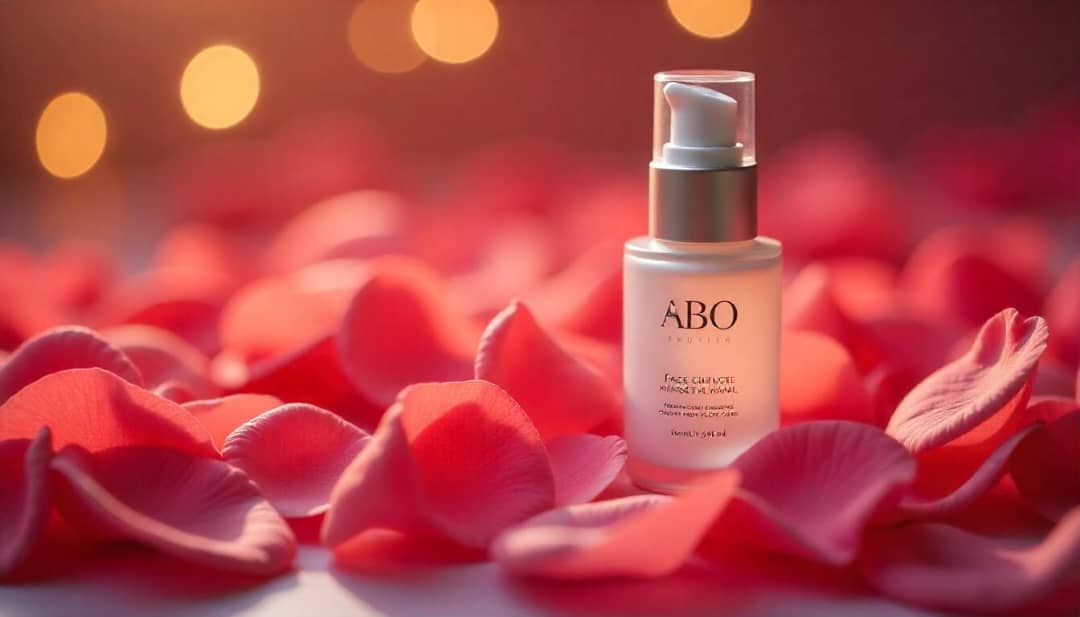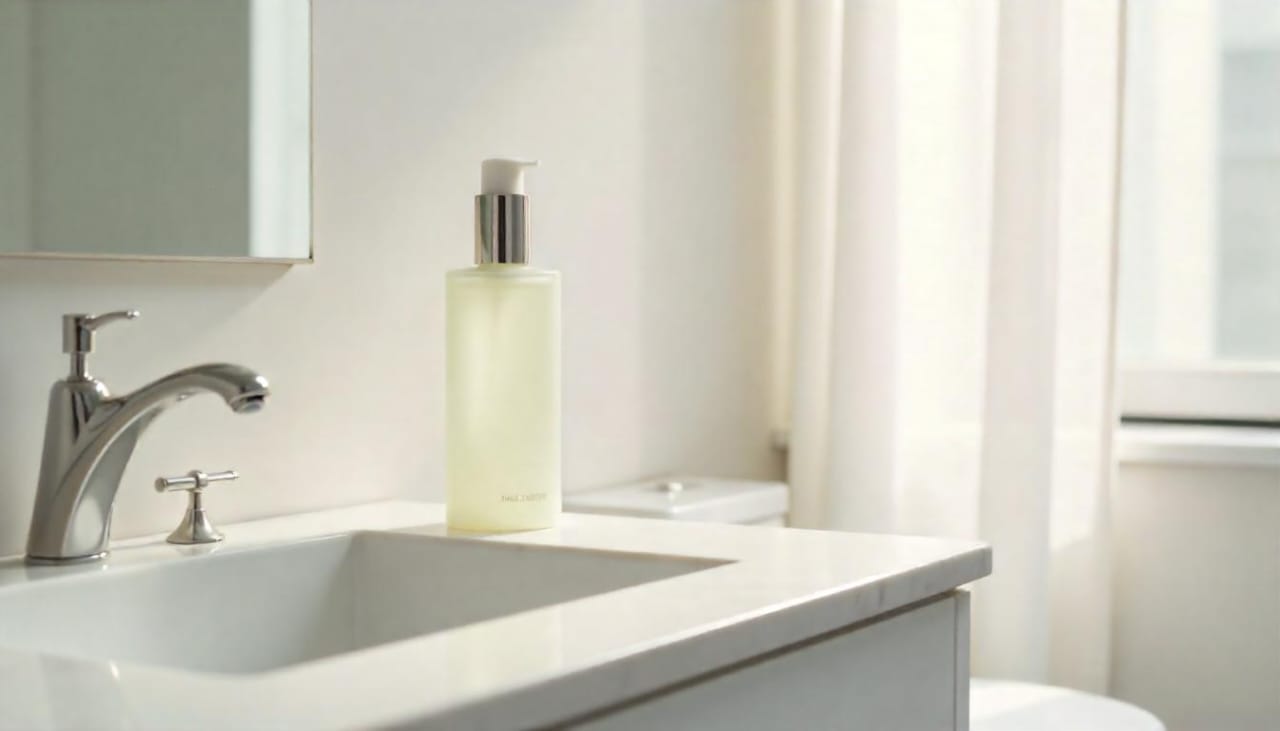Why Olive Oil Soap is a Timeless Skincare Essential
Olive oil, often referred to as “liquid gold,” has been a staple in skincare for centuries. Its nourishing, hydrating, and gentle properties make it an excellent choice for creating natural, handmade soap. Olive oil soap, also known as castile soap, is renowned for its mildness and versatility, making it suitable for all skin types, including sensitive and dry skin.
Rich in antioxidants, olive oil soap helps combat free radicals, reducing signs of aging while promoting a healthy, glowing complexion. It’s also packed with essential fatty acids and vitamins like A, D, E, and K, which deeply moisturize and protect the skin. By making your own olive oil soap, you can craft a luxurious, chemical-free product that aligns perfectly with your natural skincare goals.
Benefits of Homemade Olive Oil Soap
- Gentle on Skin: Olive oil soap is hypoallergenic and ideal for sensitive skin.
- Deeply Moisturizing: Its high fatty acid content ensures long-lasting hydration.
- Anti-Aging Properties: Rich in antioxidants, it helps reduce wrinkles and fine lines.
- Natural Cleanser: Effectively removes dirt and impurities without stripping the skin’s natural oils.
- Eco-Friendly: Homemade olive oil soap is biodegradable and free from harmful chemicals.
Step-by-Step Guide to Making Homemade Olive Oil Soap
Ingredients You’ll Need:
- 16 ounces of olive oil (extra virgin or pure)
- 4.5 ounces of lye (sodium hydroxide)
- 10 ounces of distilled water
- Essential oils of your choice (optional, e.g., lavender, lemon, or rosemary)
- Optional additives (e.g., oatmeal, dried herbs, or activated charcoal)
Tools Required:
- Safety goggles and gloves (for handling lye)
- A digital kitchen scale
- A heat-resistant glass or stainless steel bowl
- A thermometer
- A hand blender or whisk
- Soap molds
- Parchment paper (to line the molds)
Instructions:
- Set Up Your Workspace: Work in a well-ventilated area and wear safety gear to protect yourself while handling lye. Lay out all your tools and ingredients for easy access.
- Prepare the Lye Solution: Slowly add the lye to the distilled water (never the other way around) while stirring. This mixture will heat up and release fumes, so let it cool in a safe place until it reaches about 100°F.
- Heat the Olive Oil: Pour the olive oil into a heat-resistant bowl and gently warm it over a double boiler until it reaches about 100°F. Ensure the oil and lye solution are at similar temperatures before combining.
- Combine Lye and Olive Oil: Slowly pour the lye solution into the olive oil while stirring continuously. Use a hand blender to mix until the mixture reaches trace, a pudding-like consistency where it thickens and leaves trails when drizzled.
- Add Essential Oils and Additives: If desired, mix in essential oils and optional additives like dried herbs, oatmeal, or activated charcoal for extra benefits and texture.
- Pour into Molds: Line your soap molds with parchment paper and pour the soap mixture in. Tap the molds gently to release any air bubbles and smooth the surface with a spatula.
- Let the Soap Set: Cover the molds with a towel and allow the soap to set for 24 to 48 hours. Once firm, remove the soap from the molds and cut it into bars.
- Cure the Soap: Arrange the soap bars on a rack in a cool, dry place with good airflow. Allow them to cure for 4 to 6 weeks to ensure the lye is fully neutralized and the bars harden properly.
Tips for Perfect Olive Oil Soap
- Use High-Quality Ingredients: Opt for extra virgin olive oil for the best results.
- Measure Accurately: Precise measurements ensure your soap is safe and effective.
- Experiment with Scents: Essential oils like lavender or rosemary can add a delightful fragrance.
Conclusion
Homemade olive oil soap is a simple yet luxurious addition to any skincare routine. Its gentle, nourishing properties make it suitable for everyone, and crafting it yourself allows for endless customization. Whether you’re creating it for personal use or as a thoughtful gift, this timeless soap is a testament to the beauty of natural skincare. Follow this guide to experience the benefits of olive oil soap and embrace the art of soap-making!




